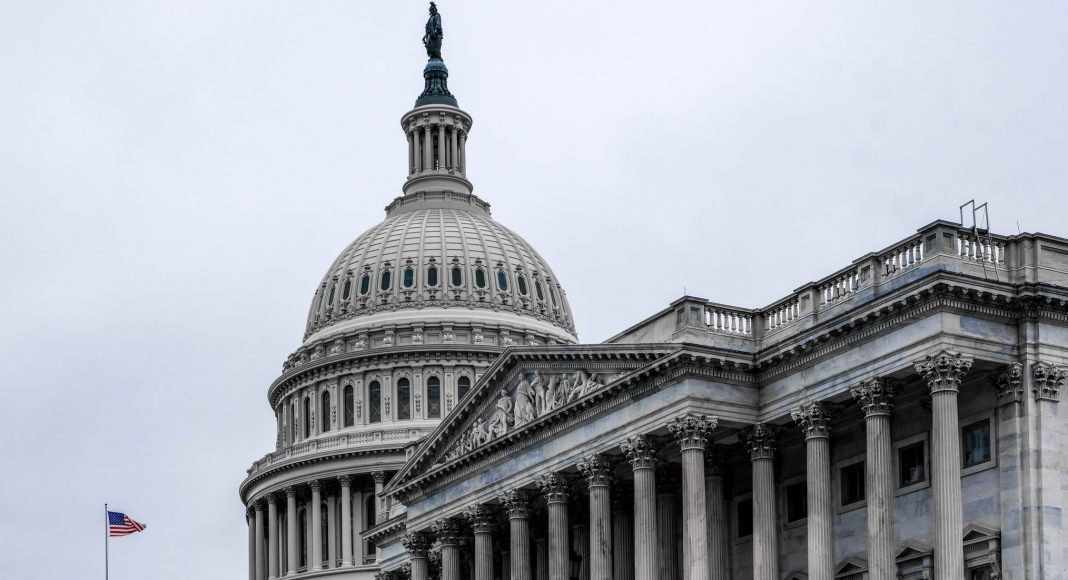A Stigler Center panel explores the challenges of designing an antitrust enforcement regime that could contend with the political power of corporate monopolies.
Should antitrust be designed to promote political liberty? In the last four decades, the prominent approach among antitrust law scholars and policymakers was that competition enforcement should only be guided by economic considerations like efficiency and consumer welfare. In recent years, however, a growing body of work, including Luigi Zingales’s 2017 working paper “Towards a Political Theory of the Firm,” has pointed to the ways in which market power can often translate to political power, and vice versa.
The immense political power accumulated by digital platforms has brought this discussion to the forefront of public debate in the US and worldwide. The Stigler Center Report on Digital Platforms in 2019 found that the large tech platforms have become a part of the political infrastructure in the US due to their economic power, and that their power was a major contributor to political harms like disinformation, polarization, hate speech, and harassment. Dozens of reports in recent years, among them the Stigler Report and the House Judiciary Report, have proposed substantial reforms to antitrust enforcement in order to contend with and rein in this political power.
But should antitrust even promote political liberty to begin with? What would such a system look like? And what potential challenges—or opportunities—can arise from it? To answer these questions, the Stigler Center recently hosted a panel discussion between Nolan McCarty, the Susan Dod Brown Professor of Politics and Public Affairs at Princeton University and chair of the Stigler Report’s subcommittee on politics; Zephyr Teachout, an Associate Professor of Law at Fordham University and the author of the recent book Break ‘Em Up: Recovering Our Freedom from Big Ag, Big Tech, and Big Money; and Francis Fukuyama, an Olivier Nomellini Senior Fellow at Stanford University’s Freeman Spogli Institute for International Studies and the co-author of a recent Stanford report on platform scale. The conversation was moderated by Leah Nylen, a political reporter at Politico.
Watch the panel here:
This panel was part of the Stigler Center’s Antitrust and Competition Conference, held virtually in a series of free webinars from Spring 2020 to Winter 2021. In 2020, the webinar series explored the historical interconnection between market power and political power, discussing examples from Nazi Germany to the United States, Latin America, Israel, and South Korea. The second half of the conference series is dedicated to the discussion of the trade-offs involved in changes to antitrust policy to address this perceived connection. Topics include whether and how antitrust should be used to promote economic liberty or political liberty, and the development of new methods to assess the political power of large conglomerates.






